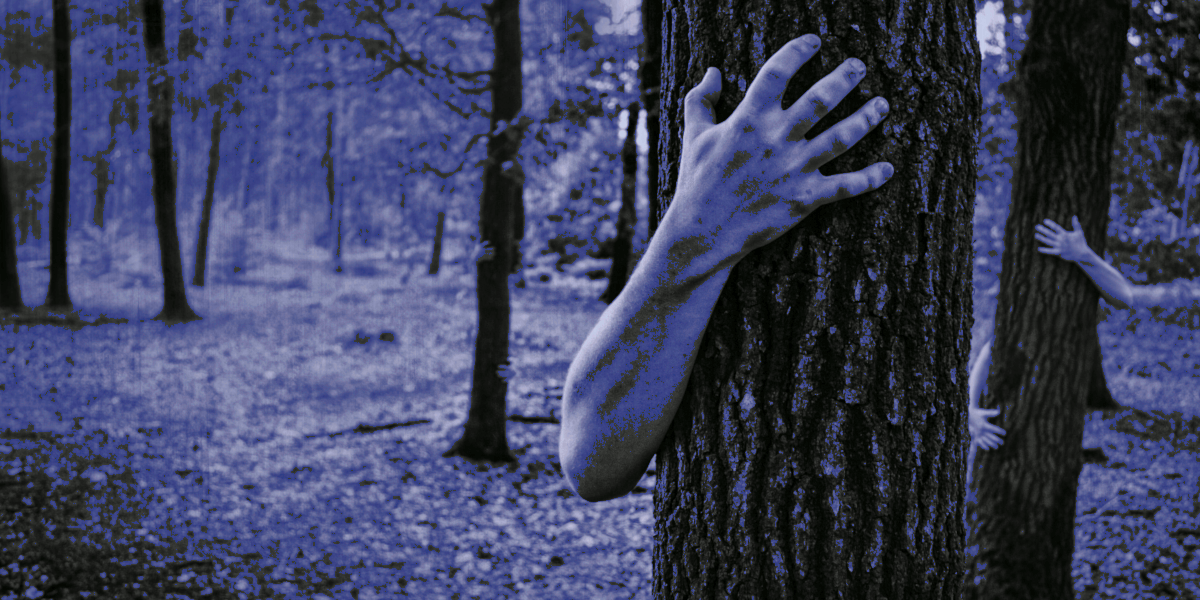Today I’m going to be discussing Resilience by Christi Nogle, narrated in Pseudopod by Dani Daly. It’s a great story with plenty of unsettling creepiness. If you haven’t listened to or read it yet, I recommend doing so. As a warning, this post is probably going to contain a few spoilers that might change your listening experience.
Once you’ve given it a listen, come back and click the box below for my thoughts.
The Writing
This story drew me in and then kept dragging me along to darker and darker places. That’s my favorite kind of story: one that starts as normal and then peels back layer after layer, revealing the terror beneath everyday life. Although, I have to admit I almost stopped listening multiple times. The consumption of spoiled food and non-food items was a bit much for me. I still shudder thinking about it. But Nogle takes the reader to the edge without quite going over. Just when I can’t stand the disgust anymore, she backs off, and she does so with precision of character. The MC sinks into her past, slowly, swirling down into it, until I wonder how much she actually remembers. Is she taking this journey with us or is she still a trickster, leading us down a path we shouldn’t be following on?
Her excellent writing and story balance leads to me and my friend constantly telling each other to “taste of it” now that we’ve both read the story. I absolutely love when part of a story can be easily adapted to an inside “joke.” (Awareness, perhaps, not joke.) I almost think that’s the test of a story: can you keep part of it with you? If you can, then it worked. And yes, Resilience very much worked.
The Fear
What would a horror story be without a bit of unease and fear? This one has heaps in layers. First, you have the atrocity that happened to the MC (or not the MC) when she was a little girl. I think the scenes in the forest were written well enough to invoke dread without necessarily being graphic or scary.
The real fear comes as the story progresses and we learn she isn’t who she seems. That she stole someone’s life. The fear is compounded when we see her longing for her wild, violent grandmother. We wonder what she is capable of doing to those she loves — what she thinks it is RIGHT to do to them. We wonder what she might do to her helpless child.
Which creates a chilling ending.
But the real fear is a classic, approached again and again over the years: what if someone took your spot in the world?
From changelings to dopplegangers to movies like Invasion of the Bodysnatchers or Mulhulland Drive, the idea of someone or something else acting like us and living our lives has always been frightening. But in recent years, the concept has gotten some more layers.
Pity for the Other
A lot of aspects of this story remind me of Jordan Peele’s Us. Both stories take the unnerving concept of stolen identities and force the viewer/listener to empathize with both sides. By the end of Us we barely know who to hope for because, technically, Adelaide stole Red’s life, so isn’t Red just taking back what belonged to her? Who is really Adelaide? The girl who grew up underground with the clones? Or the one living above ground with a loving family?
In the end, no one wins because everyone is pitted against each other by those in power. We have this sense of scarcity — that there can be only one place and there are two people to fill it. This makes us pity both sides.
I feel like Resilience took a similar approach, but in killing off the original girl, the MC taking her place becomes blameless. She didn’t steal the other girl’s life so much as picked up something that had been stripped away by others. We see the horrible situation she was in before, and we don’t really blame her. Instead, we pity her. Had the original girl lived, I might have had less pity for her, but I’m not sure how much less because they both had the innocence of childhood to protect them.
Basically, there seems to be a widening perspective when it comes to stolen identities. The thief is starting to be filled in as a secondary protagonist as opposed to a pure, monster-evil antagonist. I think this really reflects modern society and the desire a lot of people have for empathy and understanding.
At the same time, the stories become even more horrific because we’re seeing what drives people to desperation. Not in the shallow way of movies of the last century. But in a much more visceral way. A way that makes us understand others and wonder… would we do the same thing?



